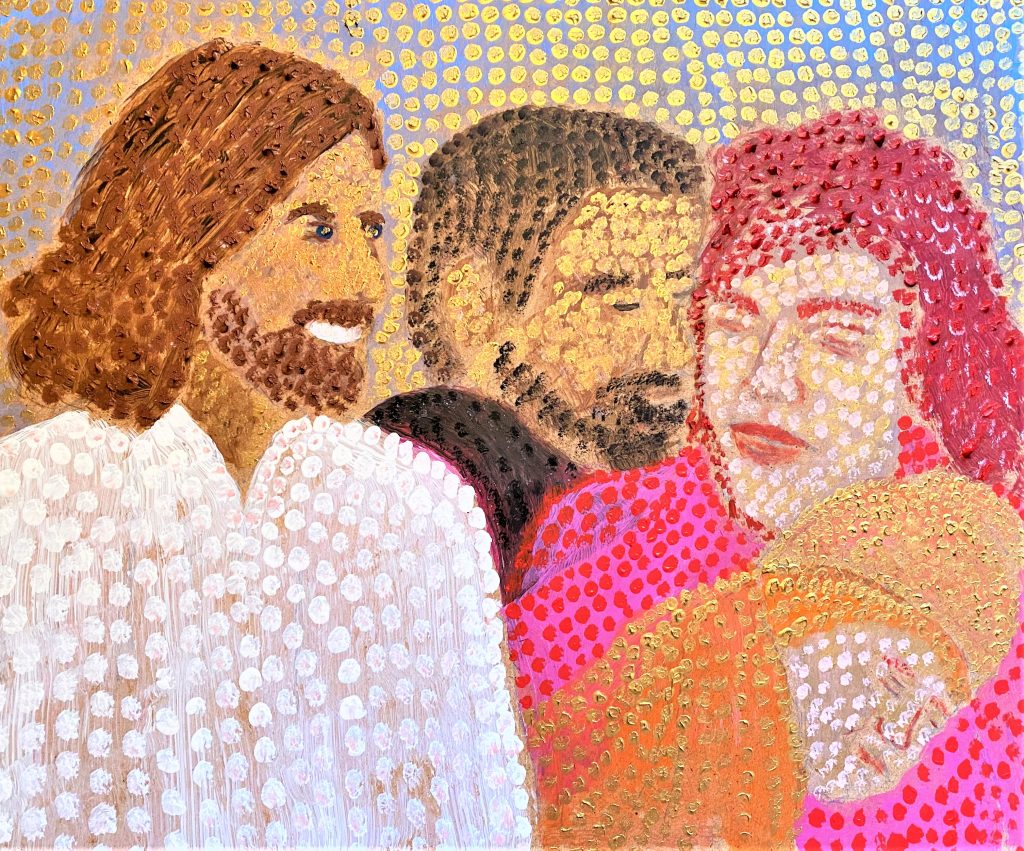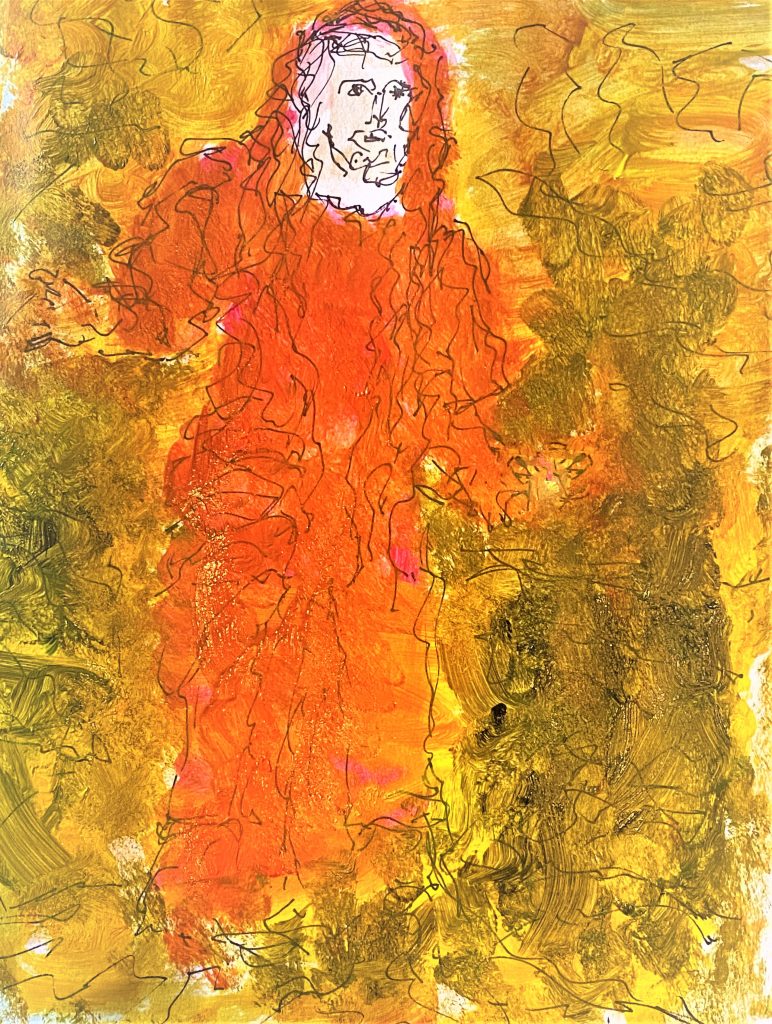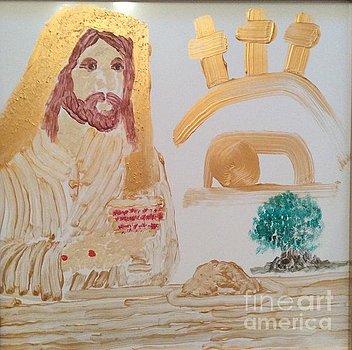
Jesus is the Savior of the World.
- Love Your Enemies
- By President Dallin H. Oaks (paragraphs 1-105)
- First Counselor in the First Presidency
- Knowing that we are all children of God gives us a vision of the worth of others and the ability to rise above prejudice.
- The Lord’s teachings are for eternity and for all of God’s children.
- In this message I will give some examples from the United States, but the principles I teach are applicable everywhere.
- We live in a time of anger and hatred in political relationships and policies.
- We felt it this summer when some went beyond peaceful protests and engaged in destructive behavior.
- We feel it in some current campaigns for public offices.
- Unfortunately, some of this has even spilled over into political statements and unkind references in our Church meetings.
- In a democratic government we will always have differences over proposed candidates and policies.
- However, as followers of Christ we must forgo the anger and hatred with which political choices are debated or denounced in many settings.
- Here is one of our Savior’s teachings, probably well known but rarely practiced:
- “Ye have heard that it hath been said, Thou shalt love thy neighbour, and hate thine enemy.
- “But I say unto you, Love your enemies, bless them that curse you, do good to them that hate you, and pray for them which despitefully use you, and persecute you” (Matthew 5:43–44).1
- For generations, Jews had been taught to hate their enemies, and they were then suffering under the domination and cruelties of Roman occupation.
- Yet Jesus taught them, “Love your enemies” and “do good to them that … despitefully use you.”
- What revolutionary teachings for personal and political relationships!
- But that is still what our Savior commands.
- In the Book of Mormon we read,
- “For verily, verily I say unto you, he that hath the spirit of contention is not of me, but is of the devil, who is the father of contention, and he stirreth up the hearts of men to contend with anger, one with another” (3 Nephi 11:29).
- Loving our enemies and our adversaries is not easy.
- “Most of us have not reached that stage of … love and forgiveness,”
- President Gordon B. Hinckley observed, adding, “It requires a self-discipline almost greater than we are capable of.”2
- But it must be essential, for it is part of the Savior’s two great commandments to “love the Lord thy God” and to “love thy neighbour as thyself” (Matthew 22:37, 39).
- And it must be possible, for He also taught, “Ask, and it shall be given you; seek, and ye shall find” (Matthew 7:7).3
- How do we keep these divine commandments in a world where we are also subject to the laws of man?
- Fortunately, we have the Savior’s own example of how to balance His eternal laws with the practicalities of man-made laws.
- When adversaries sought to trap Him with a question about whether Jews should pay taxes to Rome, He pointed to the image of Caesar on their coins and declared, “Render therefore unto Caesar the things which be Caesar’s, and unto God the things which be God’s” (Luke 20:25).4
- So, we are to follow the laws of men (render unto Caesar) to live peacefully under civil authority, and we follow the laws of God toward our eternal destination.
- But how do we do this—especially how do we learn to love our adversaries and our enemies?
- The Savior’s teaching not to “contend with anger” is a good first step.
- The devil is the father of contention, and it is he who tempts men to contend with anger.
- He promotes enmity and hateful relationships among individuals and within groups.
- President Thomas S. Monson taught that anger is “Satan’s tool,” for “to be angry is to yield to the influence of Satan.
- No one can make us angry. It is our choice.”5
- Anger is the way to division and enmity.
- We move toward loving our adversaries when we avoid anger and hostility toward those with whom we disagree.
- It also helps if we are even willing to learn from them.
- Among other ways to develop the power to love others is the simple method described in a long-ago musical.
- When we are trying to understand and relate to people of a different culture, we should try getting to know them.
- In countless circumstances, strangers’ suspicion or even hostility give way to friendship or even love when personal contacts produce understanding and mutual respect.6
- An even greater help in learning to love our adversaries and our enemies is to seek to understand the power of love.
- Here are three of many prophetic teachings about this.
- The Prophet Joseph Smith taught that “it is a time-honored adage that love begets love. Let us pour forth love—show forth our kindness unto all mankind.”7
- President Howard W. Hunter taught: “The world in which we live would benefit greatly if men and women everywhere would exercise the pure love of Christ, which is kind, meek, and lowly.
- It is without envy or pride. … It seeks nothing in return. … It has no place for bigotry, hatred, or violence. … It encourages diverse people to live together in Christian love regardless of religious belief, race, nationality, financial standing, education, or culture.”8
- And President Russell M. Nelson has urged us to “expand our circle of love to embrace the whole human family.”9
- An essential part of loving our enemies is to render unto Caesar by keeping the laws of our various countries.
- Though Jesus’s teachings were revolutionary, He did not teach revolution or lawbreaking. He taught a better way.
- Modern revelation teaches the same:
- “Let no man break the laws of the land, for he that keepeth the laws of God hath no need to break the laws of the land.
- “Wherefore, be subject to the powers that be” (Doctrine and Covenants 58:21–22).
- And our article of faith, written by the Prophet Joseph Smith after the early Saints had suffered severe persecution from Missouri officials, declares, “We believe in being subject to kings, presidents, rulers, and magistrates, in obeying, honoring, and sustaining the law” (Articles of Faith 1:12).
- This does not mean that we agree with all that is done with the force of law.
- It means that we obey the current law and use peaceful means to change it.
- It also means that we peacefully accept the results of elections.
- We will not participate in the violence threatened by those disappointed with the outcome.10
- In a democratic society we always have the opportunity and the duty to persist peacefully until the next election.
- The Savior’s teaching to love our enemies is based on the reality that all mortals are beloved children of God.
- That eternal principle and some basic principles of law were tested in the recent protests in many American cities.
- At one extreme, some seem to have forgotten that the First Amendment to the United States Constitution guarantees the “right of the people peaceably to assemble, and to petition the Government for a redress of grievances.”
- That is the authorized way to raise public awareness and to focus on injustices in the content or administration of the laws.
- And there have been injustices.
- In public actions and in our personal attitudes, we have had racism and related grievances.
- In a persuasive personal essay, the Reverend Theresa A. Dear of the National Association for the Advancement of Colored People (NAACP) has reminded us that “racism thrives on hatred, oppression, collusion, passivity, indifference and silence.”11
- As citizens and as members of The Church of Jesus Christ of Latter-day Saints, we must do better to help root out racism.
- At the other extreme, a minority of participants and supporters of these protests and the illegal acts that followed them seem to have forgotten that the protests protected by the Constitution are peaceful protests.
- Protesters have no right to destroy, deface, or steal property or to undermine the government’s legitimate police powers.
- The Constitution and laws contain no invitation to revolution or anarchy.
- All of us—police, protesters, supporters, and spectators—should understand the limits of our rights and the importance of our duties to stay within the boundaries of existing law.
- Abraham Lincoln was right when he said, “There is no grievance that is a fit object of redress by mob law.”12
- Redress of grievances by mobs is redress by illegal means.
- That is anarchy, a condition that has no effective governance and no formal police, which undermines rather than protects individual rights.
- One reason the recent protests in the United States were shocking to so many was that the hostilities and illegalities felt among different ethnicities in other nations should not be felt in the United States.
- This country should be better in eliminating racism not only against Black Americans, who were most visible in the recent protests, but also against Latinos, Asians, and other groups. This nation’s history of racism is not a happy one, and we must do better.
- The United States was founded by immigrants of different nationalities and different ethnicities.
- Its unifying purpose was not to establish a particular religion or to perpetuate any of the diverse cultures or tribal loyalties of the old countries.
- Our founding generation sought to be unified by a new constitution and laws.
- That is not to say that our unifying documents or the then-current understanding of their meanings were perfect.
- The history of the first two centuries of the United States showed the need for many refinements, such as voting rights for women and, particularly, the abolition of slavery, including laws to ensure that those who had been enslaved would have all the conditions of freedom.
- Two Yale University scholars recently reminded us:
- “For all its flaws, the United States is uniquely equipped to unite a diverse and divided society. …
- “… Its citizens don’t have to choose between a national identity and multiculturalism.
- Americans can have both.
- But the key is constitutional patriotism.
- We have to remain united by and through the Constitution, regardless of our ideological disagreements.”13
- Many years ago, a British foreign secretary gave this great counsel in a debate in the House of Commons: “We have no eternal allies and we have no perpetual enemies.
- Our interests are eternal and perpetual, and these interests it is our duty to follow.”14
- That is a good secular reason for following “eternal and perpetual” interests in political matters.
- In addition, the doctrine of the Lord’s Church teaches us another eternal interest to guide us: the teachings of our Savior, who inspired the Constitution of the United States and the basic laws of many of our countries.
- Loyalty to established law instead of temporary “allies” is the best way to love our adversaries and our enemies as we seek unity in diversity.
- Knowing that we are all children of God gives us a divine vision of the worth of all others and the will and ability to rise above prejudice and racism.
- As I have lived for many years in different places in this nation, the Lord has taught me that it is possible to obey and seek to improve our nation’s laws and also to love our adversaries and our enemies.
- While not easy, it is possible with the help of our Lord, Jesus Christ.
- He gave this command to love, and He promises His help as we seek to obey it. I testify that we are loved and will be helped by our Heavenly Father and His Son, Jesus Christ.
- In the name of Jesus Christ, amen.
Richard W. Linford, editor, member of The Church of Jesus Christ of Latter-day Saints.
Views: 179

